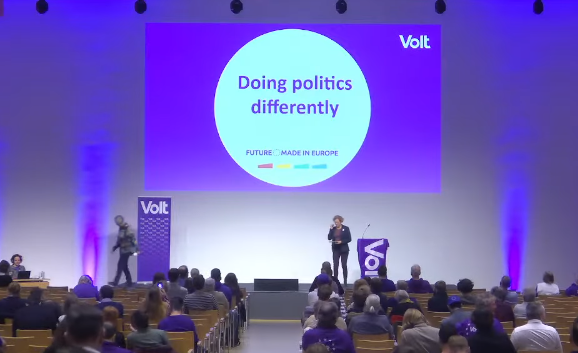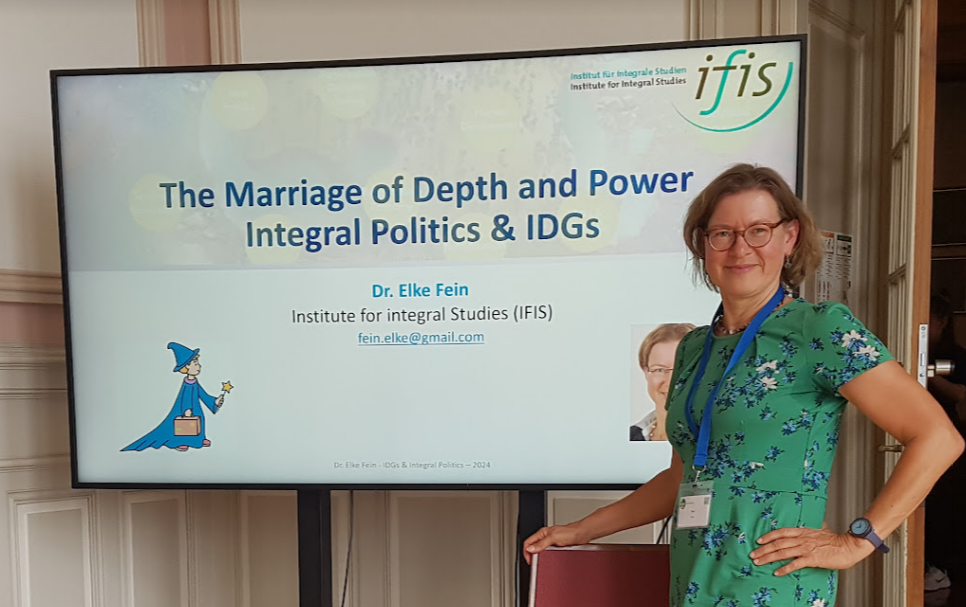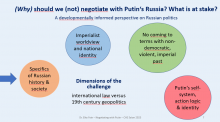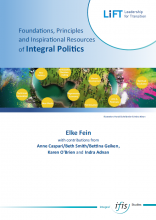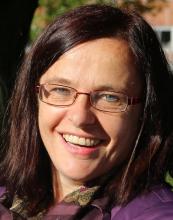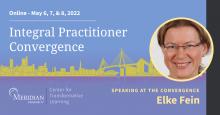Helping systems to see themselves - The essence of integral/metamodern politics (Keynote)
"Doing Politics Differently - Inspirations from integral/metamodern politics" - this was the title of my keynote to the General Assembly of the pan-European VOLT party held in Frankfurt on Nov 23, 2025.
